Ruby slippers and AV regulation: did we have the tools we needed all along?
27 Aug 2025
Room 1
Standards, regulations and legal issues
For almost a decade, states and the federal government have struggled to craft a regulatory framework tailored to AVs. But what if instead of crafting an AV-specific framework, we return to true tech neutrality and recognize that regulation works best when broad-based rules apply to many use cases, including emerging technologies? Under this approach, we would unleash the power of existing rules – both vehicle standards and operational standards – instead of crafting AV-specific rules. There are many benefits in this approach. Speed: These rules already exist, and simply need to be generalized for AV contexts. Right at this moment, 16-year-olds around the country are studying the rules of the road to execute safe vehicle operations. AVs can be held to the same basic principles with minimum adoption friction. Futureproofing: We aren’t committing all our regulatory energies to a pathway that can become stale with new tech developments. Corruption-proof: Consumers will only adopt AV tech if they trust the underlying safety standards. Now more than ever, it is critical for regulators to adopt standards that do not appear to tilt toward developers who have privileged governmental access. Tech-neutral standards best accomplish this objective by avoiding the appearance of favoritism.
- We do not have to wait for a perfect metric or flawless industry standard to regulate AVs. Existing laws provide a potent foundation for rulemaking, today
- Regulating today based on tech-neutral standards will help promote consumer confidence and adoption, and inherently provide clarity in the comparisons between AVs and other forms of transportation
- We are starting down the same dangerous road with AI regulation: attempting to craft AI bespoke rules, with the risk of differential treatment for the same types of harm, based entirely (and arbitrarily) on the type of tech that is the source of harm


